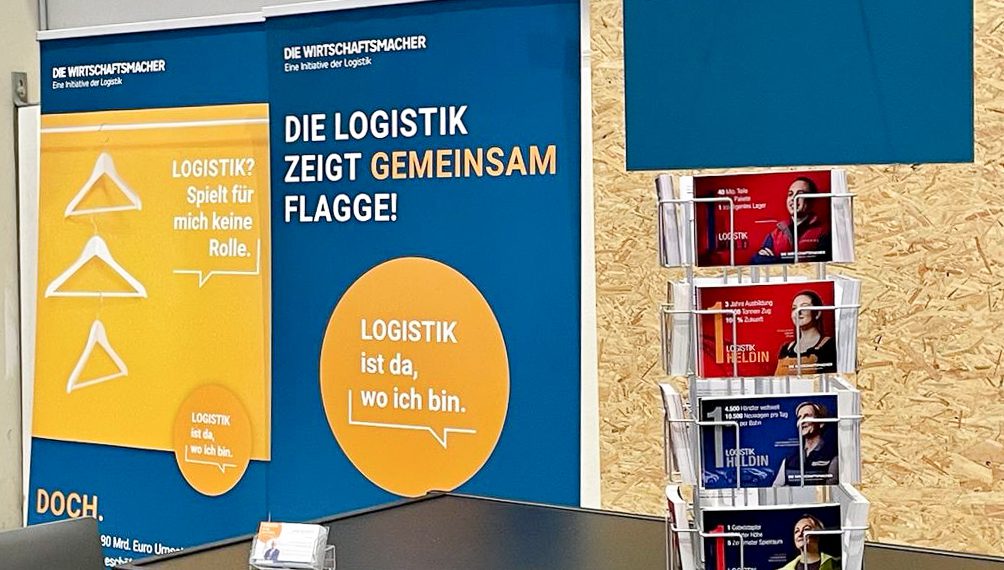The shortage of skilled workers has long since arrived in logistics. Germany’s third-largest economic sector (293 billion euros in sales in 2021) is not only desperately seeking professional drivers. Vacancies also exist in other areas of the supply chain, such as IT specialists and project managers. At LogiMAT — the world’s largest intralogistics trade fair — the business leaders want to win over more comrades-in-arms for the common cause. After all, the image initiative has set itself the goal of inspiring young career starters and those willing to change jobs to consider a job in logistics.
“In addition to raising awareness among the general public about the importance of logistics, it is equally important for us to get more companies within the business sector to showcase the diversity of logistics. Intralogistics, for example, is a leader in the fields of digitalization, automation and robotics and is seen as a shining example against the old prejudice that logistics is not innovati. That’s why LogiMAT is an important platform for us, also in terms of the external impact of the solutions shown there, for example, for career starters.”
- Frauke Heistermann
Debunking preconceptions about logistics is one of the central campaigns of the business makers this year. This includes numerous campaigns on social media, including short spots in which logistics fans explain what they enjoy about their work. This is also urgently needed, as can be seen from a representative survey on the working world of logistics by Amazon, which was accompanied by Prof. Christian Kille from the University of Applied Sciences Würzburg-Schweinfurt FHWS. According to the survey, people under the age of 26 rate their career opportunities in logistics significantly lower than respondents over the age of 50 who have already had professional contact with logistics.
According to the results of the survey, work in Germany’s third-largest economic sector tends to offer simple, monotonous activities with outdated technology. Only a few of the participants see attractive career opportunities in logistics for skilled workers and graduates. “This does not correspond to reality at all, and that is why we as a business sector must advertise the image of logistics more loudly and sustainably overall and set an example for the diversity of our jobs,” demands Frauke Heistermann.
The trade fair is regarded as Europe’s leading event for intralogistics and, with an expected 50,000 visitors, offers an ideal platform for drawing attention to the central issues of the initiative. For this purpose, “Die Wirtschaftsmacher” will be represented with its own stand (East Entrance / EO57), which is visually coordinated with the current campaign “No Day Without Logistics”. In addition, 13 contributors will present themselves with their own booths at the trade fair and thus ensure a strong presence of the community.

















